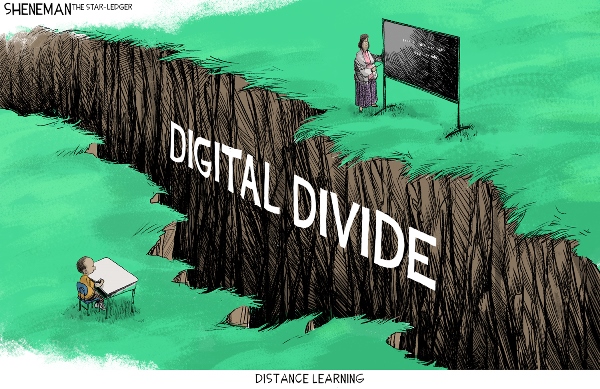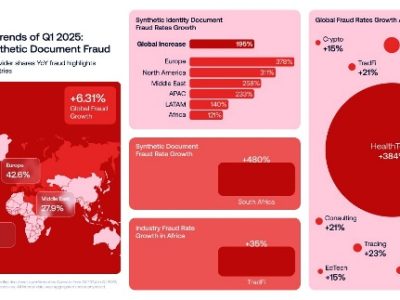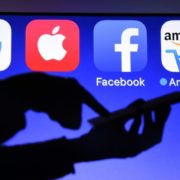How deep is the world’s digital inequality and the potential for social tariffs to bridge the gap? Here’s a startling fact to ponder:
RELATED: ITU’s data shows world’s least developed countries threatened by deepening digital divide
While roughly two-thirds of the world’s population is connected to the internet, a shocking number still lack access, showing a glaring digital divide that is often linked to socio-economic disparities.
How Social Tariffs Could Revolutionize Internet Access Worldwide!
“The internet is becoming the town square for the global village of tomorrow.” These words from Bill Gates ring even truer in the digital area we live in today. We’re connected more than ever, making our world not just a global village but a shared digital living room.
Yet, a startling disparity remains: there are millions of people worldwide that are disconnected, without access to what many consider as basic a necessity as water and electricity. Should the internet, then, be a fundamental right, accessible to all, or a luxury commodity to be paid for by those who can afford it?
Unveiling the Stark World of Internet Access
Firstly, let’s peep into a lesser-known world of the haves and the have-nots of the internet. According to data the total number of internet users globally reached a staggering 5.3 billion by 2023. That’s roughly two-thirds of the world’s population connected to the world wide web, forming a lively and expansive digital population.
Yet, while the scale and pace of internet adoption differ wildly amongst countries and regions, this digital growth has underscored an inconvenient truth. There is an unequivocal digital divide contributing to social, economic, and educational disparities – a gap that is increasingly widening.
Although internet access is nearly ubiquitous in some regions like North America and Western Europe, it remains starkly infrequent in other parts of the world. Up until 2022, Africa had the lowest number of fixed broadband subscriptions. Interestingly, regions like Asia and the Pacific housed the most significant number of these subscriptions, showcasing the stark contrast in internet availability between regions.
According to Repocket Software Engineer, Jason Adler, “The disparity in internet access across the globe is a crucial challenge that needs addressing. Access to information, knowledge, and digital services is no longer a luxury but a necessity in our interconnected world.”
The Impact of Internet Access on Society: What are we Missing?
The internet opens an abyss of possibilities for education, communication, and economy. Consider these figures:
- The World Bank notes a 1.38% increase in GDP for every 10% increase in broadband penetration.
- The Internet promotes human rights, such as freedom of expression, enshrined in Article 19 of the Universal Declaration of Human Rights.
- Healthcare professionals can harness telemedicine to offer life-saving advice and treatment in remote areas. “It’s like having a remote control for healthcare,” says Adler.
- Teachers can offer remote education, breaking barriers of geography. Classrooms become global, students become lifelong learners and knowledge becomes accessible, no matter where you are. As Repocket Software Engineer, Jason Adler says, “Think of the internet as the world’s library at your fingertips.”
- The internet is vital for communication, be it for business or personal interactions. It erases distance, ensuring real-time global communication is possible. An email can be sent across the world in seconds, a video call can connect family members miles apart.
The Road to Global Internet Access: Social Tariffs on Broadband
Now, let’s take a leap of faith and imagine a world with equal internet access, helped by social tariffs on broadband. These tariffs, when mandated by law, could ensure everyone, irrespective of their economic status, can afford internet service.
Social tariffs are nothing short of a lifeboat in troubled waters for those struggling to make both ends meet. Put plainly, they offer a system of reduced prices or subsidies for certain important goods and services, thereby ensuring their affordability for low-income or disadvantaged groups.
A social tariff system is a key player in sectors such as utilities, a domain which includes essentials like electricity, water, and transportation. The aim is lucid: To ensure that access to these vital services is not thwarted by exorbitant costs.
This design not just boosts internet usage, but it extends its benefits to those who need it most. It’s high time we stop treating the internet as a commodity and start seeing it as a lifeline. As Adler advises, “We must understand that the internet is more necessity now than a luxury. We need to take effective steps to bridge this digital divide.”
The Impact of Implementing a Social Tariff on Internet Services
A social tariff on Internet services could drastically increase the accessibility and affordability of broadband connections, particularly for low-income households and socio-economically disadvantaged regions. These changes could usher in a host of far-reaching benefits:
- Digital Inclusion: Ensuring everyone has access to the digital world, reducing the digital divide.
- Growth of SMEs: Small and medium-sized enterprises can expand their operations online, boosting growth and opening up new opportunities.
- Job Creation: A burgeoning digital sector will generate new jobs and stimulate economic growth.
Embracing the Future with Broadband
The road to universal broadband access might be long and winding, but the promise of an enlightened society that it holds, makes it worth the journey. “Broadband connectivity is the future—the sooner we embrace it, the better equipped we will be to face the challenges of tomorrow,” says Adler.
With a vision of universal broadband access, society can embark on a journey towards increased inclusivity, innovation, and progress. The future is digital and it’s time to step with confidence into this new era. The promise of broadband for all could truly be technology’s greatest gift to society.
Credit: https://repocket.co/





























